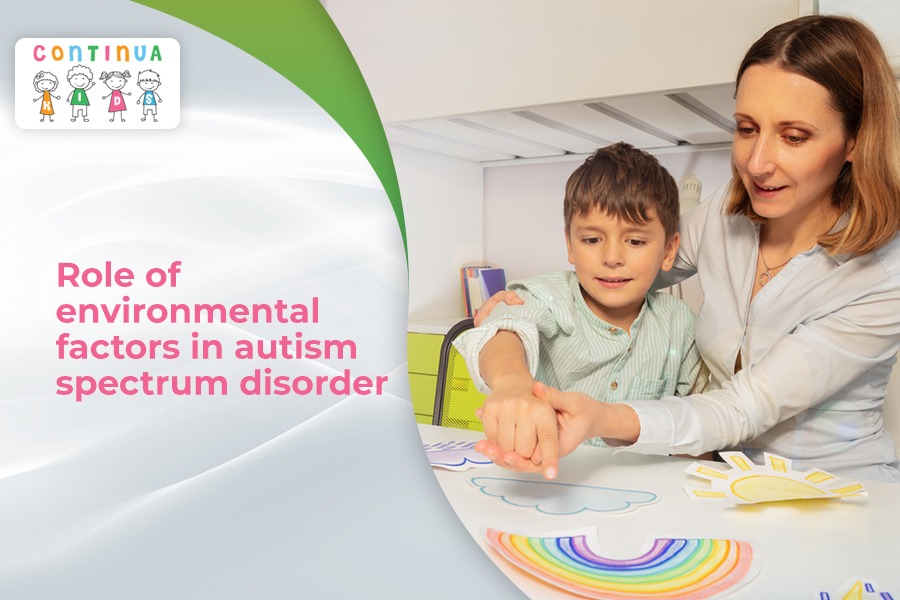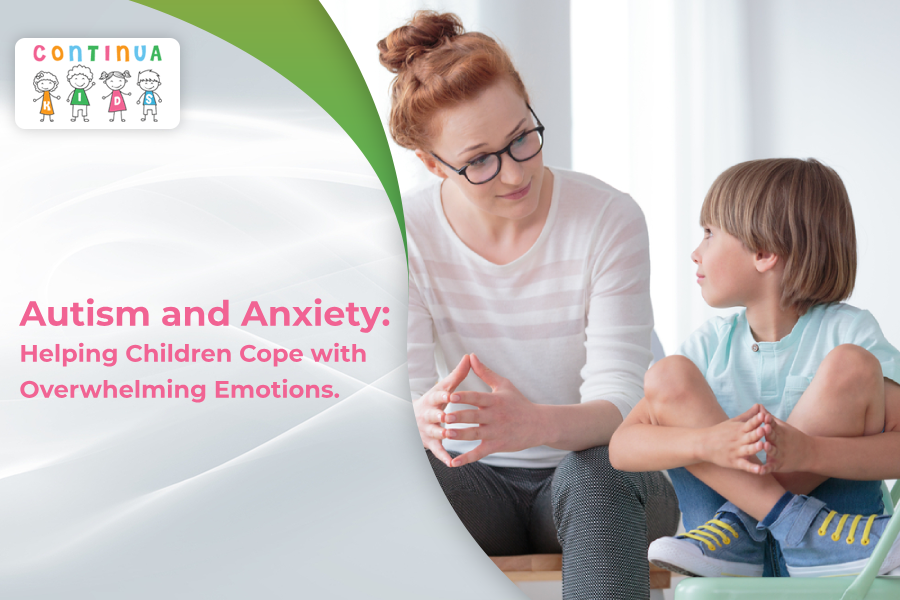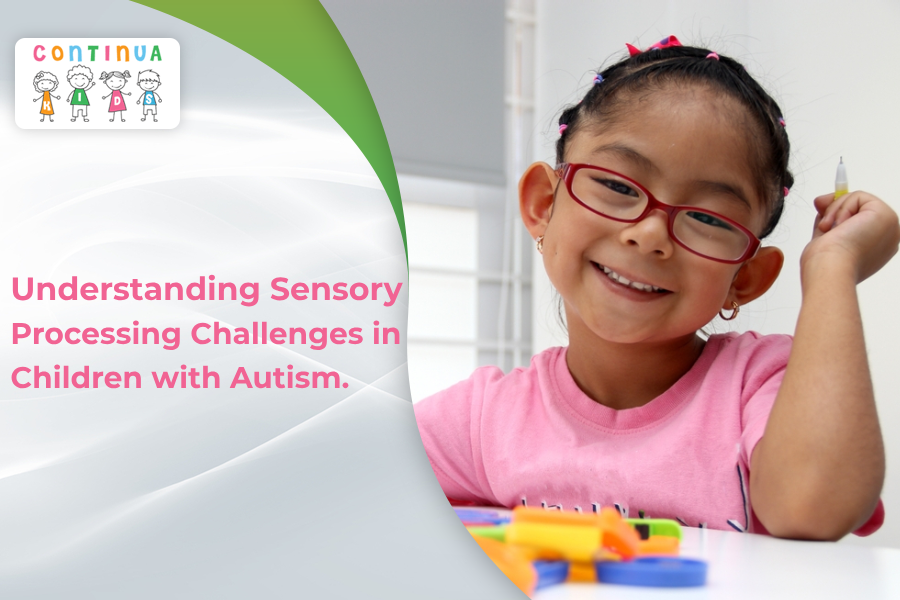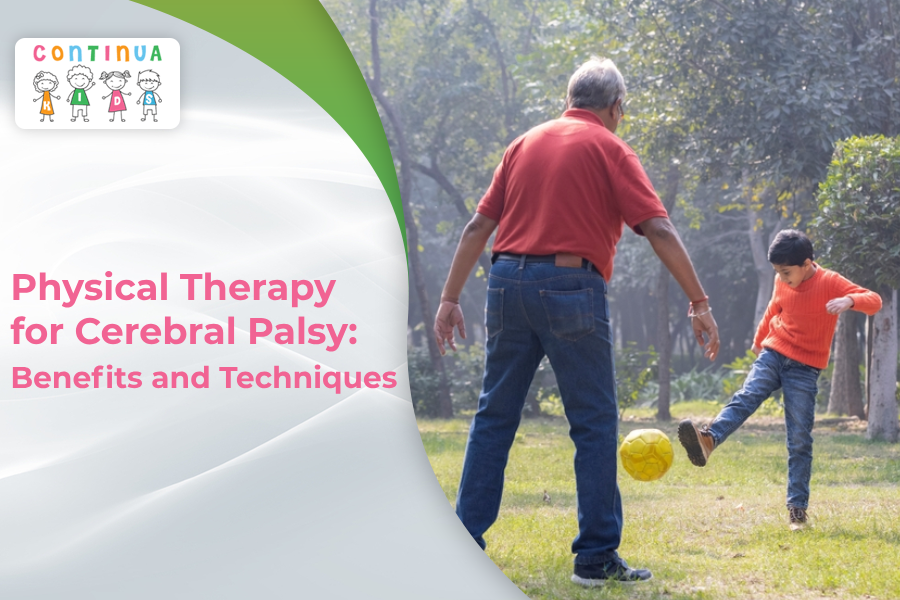Although it has been difficult to pinpoint the causative agents that lead to the development of autism spectrum disorder, it is known that autism is generally caused due to the interplay between certain environmental factors in autism spectrum disorder, and a few genetic factors.
Environmental Factors In Autism Spectrum Disorder
The causative environmental agents impact the development of ASD when the mother is exposed to them during the antenatal and perinatal periods of pregnancy. Listed below are a few environmental factors contributing in the development of the disorder:
- Valproic Acid: This is an anti-epileptic medication which is used to prevent seizures in the pregnant mother. So, if the mother is using valproic acid to prevent seizures, the chances of the child being diagnosed with autism become higher.
- Gestational Diabetes: Autism spectrum disorder was found to be 63 percent more likely among children born to women who had gestational diabetes before 26 weeks of pregnancy. According to a study, the risk of autism among children born to moms who had diabetes during pregnancy was 1 in 80.
- Vaginal Bleeding: According to two new studies, high blood pressure or irregular bleeding during pregnancy, as well as problems like cesarean delivery or premature birth, may all raise the chance of autism. According to one of the researchers, the more difficulties experienced during pregnancy and delivery, the more severe the autism symptoms in the child.
- Advanced Age: Children with autism are more likely to be born to older parents, particularly older fathers. Children born to men over the age of 40 were 5.75 times more likely to develop autism than children born to men under the age of 30 according to a major study.
- Exposure To Intrauterine Infections: Autism may be more common in children whose mothers were hospitalized with an infection during pregnancy. Infections produced by particular viruses, such as cytoma, cytomegalovirus and the herpes virus, have been linked to fetal brain injury, aberrant brain development, and an increased risk of certain psychiatric disorders, according to previous study. These viral infections travel from the mother to the baby via the placenta, thus increasing the risk of autism spectrum disorder.
- Preterm Baby: Generally, 37 weeks of gestation are considered normal. However, if the child is born preterm, it becomes a risk factor of developing autism in infancy or during young adulthood.
- Intrauterine Growth Retardation (IUGR): If the baby is not developing properly in the growth and weight parameters, when compared to a normal child, then the chances for autism spectrum disorder increase in the child.
- Low Birth Weight: A child who weighs less than 2.5 kg at term, is called as low birth weight.
Independent Risk Factors:
- Exposure of the mother to insecticides, specifically organophosphate insecticides.
- Air pollution, especially the two independent pollutants – particulate matter and nitrogen dioxide.
Although the correlation has not exactly been replicated, the above-mentioned factors have been known as some causative factors of autism. Therefore, it is always advisable to provide good antenatal care for the mother so as to prevent the occurence of autism in the child.
Where To Seek Help?
It is not uncommon to have a child on the spectrum even if you have taken all the measures during your pregnancy so as to prevent autism in your child. In this case, consult us at Continua to secure the best autism treatment in Ghaziabad. At Continua Kids, we support specially-abled children to live a life that they deserve. We are a research directed, holistic center, and aim to impart early intervention programmes concerning your child’s overall well-being. By providing guidance and support in your parenting experience, we strive to help your child reach their full potential in all aspects of life.
Call us and book an appointment today!




